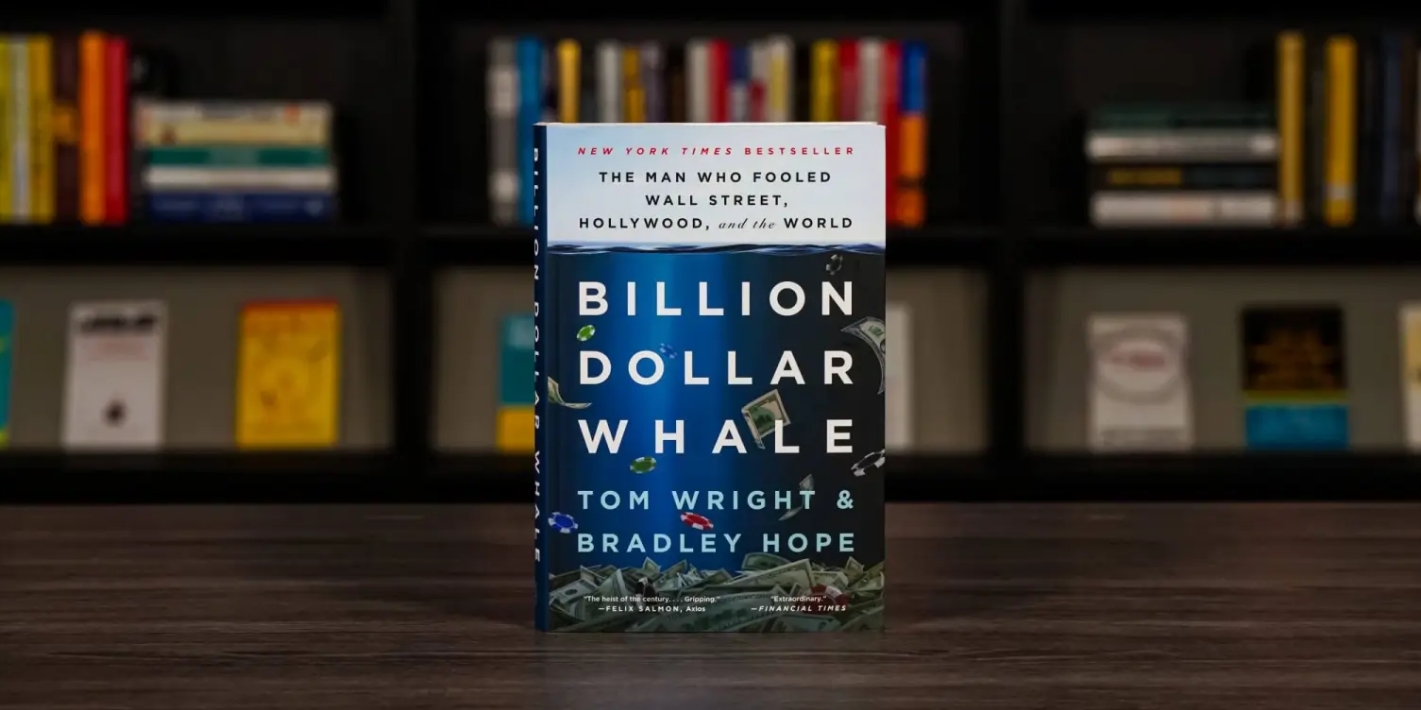The post to kick-off my 2021 blogging year got inspired by two things.
The 1st was a piece of advice I received from the owner of a leading Mumbai based bakery brand. He was sampling the 4 cheese spreads my sister sent for the new year’s party, where both of us were in attendance. My sister recently started an artisanal foods business from her home kitchen.
https://www.instagram.com/p/CIi8noELyUz/?utm_source=ig_web_copy_link
From the 4 cheese spreads, he loved 3 and “did not care” about the 4th one. He recommended that my sister focuses on just selling the 3 cheese spreads and eliminate the 4th choice. He explained that the consumer business, especially food, is one of recall and repeat.
Therefore, if someone tried the 4th cheese spread first, that person would not come back to try the much more amazing first 3 spreads. Not only would she lose a set of customers, but these people would also alienate others by complaining about their own not-so-great one-time experience.
Instead, if she concentrates on engaging with the clientele that loves her 3 cheese spreads and keeps coming back for it, i.e., her fans, they will tell her the next best thing that she should do for them. She can create customized items for her fans and test them out with other fans. Whatever clicks with most of her fans becomes the new item to her menu! Through this process, her menu will only have things that her fans love, and each item will be a best seller.
On the flip side, her fans will forgive her for the experiments that do not work out. She tried something based on their advice, so in a way, they have ownership over the experiment. Besides, they will always come back for the 3 spreads over which they became her fans.
While he spoke about just her food menu, I found his simple yet profound advice applicable to most startup founders. A founders’ common belief is that if they offer several options, then the customer will “eventually” get enticed by one and buy. In most cases, the exact opposite is true.
Too many options create decision fatigue, a condition in which an individual makes irrational choices or avoids deciding at all – both scenarios that do not bode well for you as founders. Therefore, a limited number of options is better.
The next question to answer was whether a limited choice, slowly expanding product portfolio could create large enough results. That is what I found this tweet, i.e., my 2nd inspiration for this post
Casper is upending a $14 billion industry, one mattress at a time #startup #VentureCapital pic.twitter.com/xKyEKyXS7V
— startupandvc (@startupandvc) January 3, 2021
Casper became a unicorn by offering just one type of mattress, without any offline presence, and delivered mattresses directly to one’s home. It created a ripple in a multi-billion-dollar industry, and today its portfolio has expanded to include pillows, bed frames, sheets, duvets, blankets, etc.
The incumbent brands allowed Casper to capture the customer’s mind space by offering too many options that confused them. Casper was the more straightforward choice.
Therefore my recommendation to my sister is that showing too many menu items will confuse her customers. Her real genius will be in keeping things simple.






